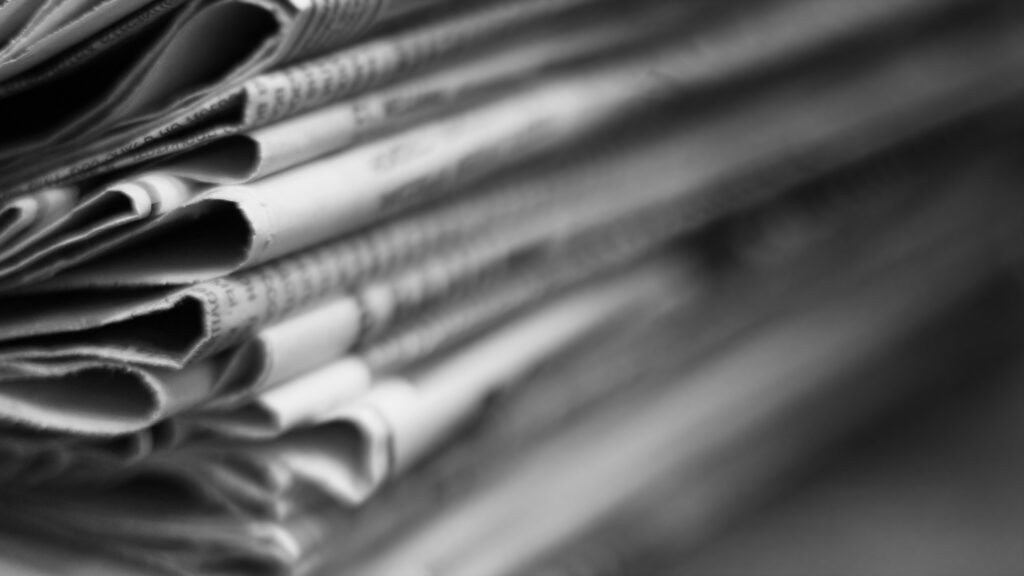The Society of Editors, an industry body representing around 400 UK national and regional media editors, has vowed to “name and shame” candidates and political parties who use fake local newspapers as campaign material.
Leaflets with the appearance of local papers have been on the rise in recent years, prompting the Society of Editors to intervene on the “insulting” practice.
The Conservative Party faced criticism after using the name of “Lincoln Chronicle” on material distributed in the area. Other fictional titles used in campaign literature include the “Stroud, Valleys and Vale Chronicle” and the “Uxbridge and South Ruislip People”.
This later title, which mirrored the local council-run and apolitical Hillingdon People, was used successfully in the Uxbridge and South Ruislip by-election in urging readers to “Stop ULEZ”.


Meanwhile, a fake title “Wokingham Focus” in Berkshire was distributed by the Liberal Democrats this month, criticising Conservative MP Sir John Redwood over his record on dealing with sewage.
Responding to the rise of fake newspapers, Society of Editors chief executive Dawn Alford, said: “We have written to representatives of all political parties urging them to put an end to this mimicry as well as vowing to name and shame those who continue to attempt to pull the wool over voters’ eyes.”
She added: “The Society of Editors has long campaigned against political parties using fake newspapers to promote their candidates in election periods.
“Not only does this absurd practice damage democracy and undermine public trust in both politics and the news media, but it is also insulting to the electorate who are not stupid and expect officials and candidates to communicate with them in an open and transparent manner.”
“The news media plays a vital role in a democracy, and, during election periods, journalists are essential in helping to communicate party policies to the public.
“Instead of employing vast time and effort into brazen deception, parties should instead look to highlight and promote the work of the actual local press as a trusted source of news and information to the public.”
While the Electoral Commission does not have any powers to regulate style or design of campaign literature, material must bear an imprint with information as to who made and funded it by law.
A Conservative Party spokesman responded to a Telegraph report on fake newspapers: “All election literature comes with a legally required imprint. This imprint makes it clear the literature is from the Conservative Party. Communication with voters is standard practice.”
A Liberal Democrats’ spokesman said: “Tabloid newspapers are an effective way of communicating with people and have been used by all political parties for years
“All our campaigning literature including tabloids makes it clear that it has come from the Liberal Democrats. Having strong local media plays a critical role in holding those in power to account and we will continue working closely with great local newspapers across the country.”
Politics.co.uk is the UK’s leading digital-only political website, providing comprehensive coverage of UK politics. Subscribe to our daily newsletter here.












